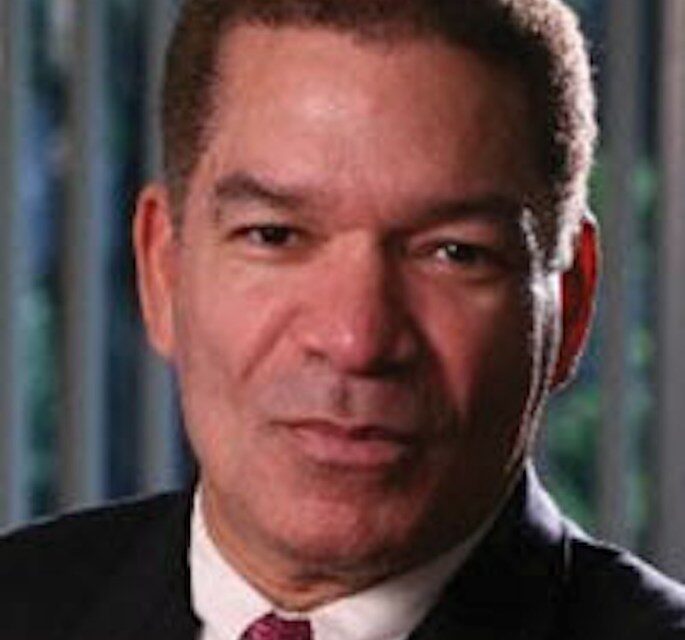Why Peace In The Middle East Could Avert a Regional Conflagration
By Michael A. Grant, J.D.
During the late 1970’s, I went to work for the Carter Administration in the press office of Health and Human Services Secretary Joseph Califano. While our agency was focused primarily on domestic issues, one of President Carter’s all-consuming objectives was a foreign policy issue: How to broker a peace between Israel and her Arab neighbors.
With Carter’s tenacity and the willingness of Israel’s Menachem Begin and Egypt’s Anwar Sadat’s to come to Camp David to hash out what would later be called the Camp David Peace Accords, the world was given an example of how seemingly unbridgeable national interests could be harmonized through skillful diplomacy.
Today, some 45 years later, the Middle East is once again mired in deadly conflict with casualties mounting for both Israelis and Palestinians. An attack by Hamas on innocent Israeli civilians has been countered by airstrikes on innocent Palestinians with a ground invasion resulting in the deaths of thousands, including more than 3,000 who are children!
The humanitarian crisis in Gaza has already reached nightmarish proportions with shortages of food, clean drinking water, medical supplies and fuel needed for hospitals to operate reaching dangerously low levels. Children are suffering and dying!
Prime Minister Benjamin Netanyahu believes that this will be a protracted struggle; hopefully, he will be proven wrong. The sooner this war is ended, the better for all concerned–this includes Israelis.
The United States has leverage to discourage further carnage. We have not effectively used our resources as bargaining chips to secure a reliable two-state solution, with two sovereign powers, ruled by governmental authorities recognized by the United Nations and the world community.
To be an honest broker in this latest conflict, the U.S. must demonstrate to the people of the region that it wants a fair deal for both sides. If with our foreign aid, Israel has carte blanche ability to encroach and occupy without restraint, Arab resentment will proliferate; thereby giving justification to rogue states’ desires to exploit local tensions.
My prayer is that the Holy Spirit will move the people of the world to insist on an immediate ceasefire between Israel and Hamas. Pictures of the human suffering broadcasted around the world should shock the conscience of all who say they believe in a just and compassionate God.
If you have read this article, please join a world-wide movement calling for an immediate cease-fire between Israel and Hamas. Remember President John F. Kennedy’s exhortation: “God’s work on this earth must truly be our own.”
The post The time is not for an immediate cease-fire appeared first on AFRO American Newspapers.











